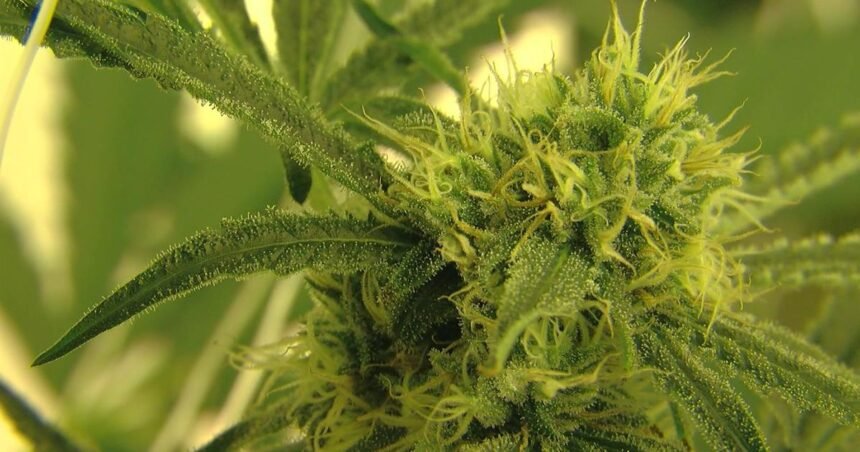MINNEAPOLIS — The U.S. Department of Justice recently proposed a rule that would shift marijuana from a Schedule I to a Schedule III drug classification, a significant change in federal policy that could impact cannabis businesses in states that have legalized it for recreational use.
The update would not make marijuana legal nationwide, but it would ease restrictions on it and remove a big tax penalty known as 280E, cannabis experts say, just as Minnesota readies to launch its legal market next year.
That tax provision currently prevents cannabis companies from writing off otherwise typical business expenses, like rent for the property, utilities and employee salaries.
“It will save most cannabis businesses probably between — depending on if they’re retail versus wholesale versus cultivation — anywhere from about 40% to 70% in taxes,” said Nikki Rohloff, managing partner at Rohloff Associates and Canopy Accounting, which specializes in advising clients in the cannabis industry. “So it’s a huge tax savings for them. It’s a huge way for them to then be able to invest back in their companies and grow and ultimately to put money back in the communities.”
As a Schedule I drug, marijuana is on par with heroin and illicit fentanyl, while Schedule III substances are defined as having a “moderate to low potential for physician and psychological dependence,” according to the Drug Enforcement Administration. Some drugs in that category include ketamine and anabolic steroids.
Jason Tarasek, a cannabis attorney for Vicente LLP, said eliminating that tax burden will make cannabis businesses more profitable. And while hurdles still persist, like access to capital and banking, he believes the move by the Justice Department is a notable step that signals continued progress on loosening federal rules on marijuana.
“I think over the course of the next few years, you’re going to see a slow erosion I think both with federal policy and increasingly with state policy acknowledging that perhaps marijuana should be treated just like alcohol and regulated just like alcohol,” Tarasek said.
Nearly half the country has legalized it for recreational use and more have medical programs in place. A recent study found daily marijuana users outpace daily alcohol drinkers for the first time. But the rulemaking process to reclassify marijuana is only just beginning and could take a while. Marijuana will remain a Schedule I substance until it’s complete.
That’s why Rohloff said she is advising her clients to still consider the impact of section 280E of the tax code when laying out their business plans.
State regulators will issue pre-approved business licenses for some applicants later this year as they eye retail stores opening next year.
“We’re still having them factor in what the federal taxes are going to be on that just so that we can plan better, that they have the cash flow needed to set them up to be a successful business,” she said. “And if this does get passed by the time Minnesota moves forward with recreational use, that is more of a bonus or a win to them, and not a detriment that we hadn’t factored in.”












